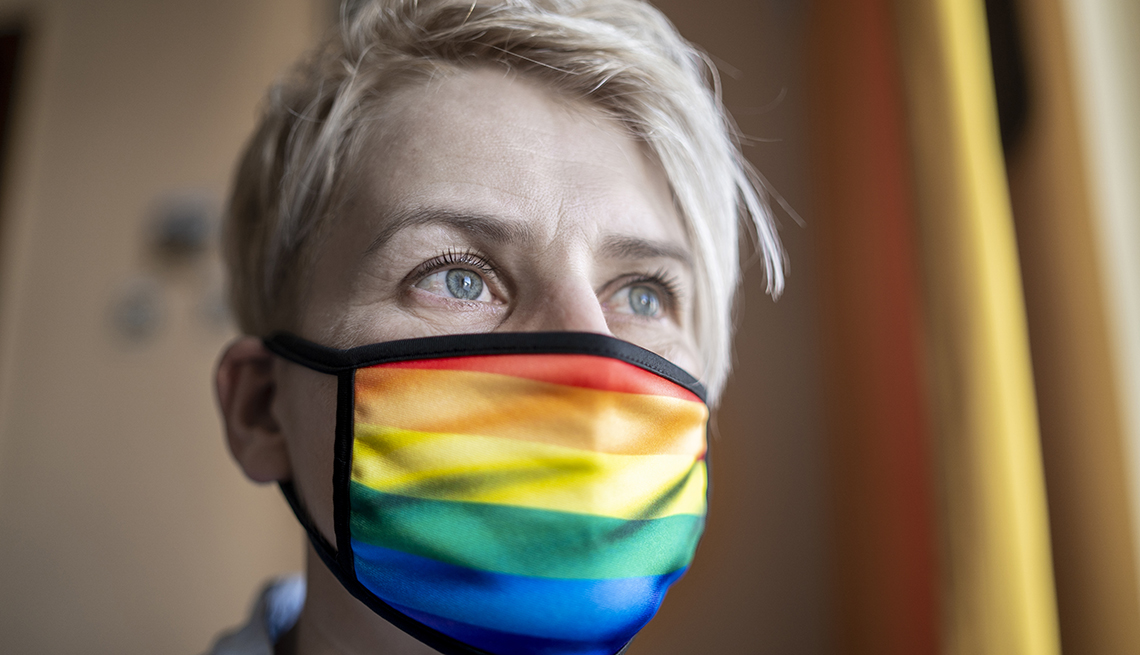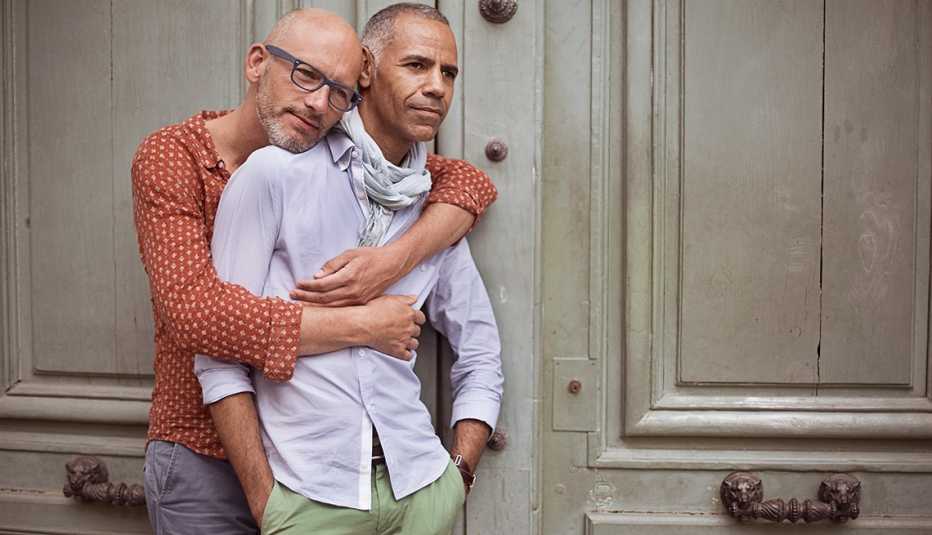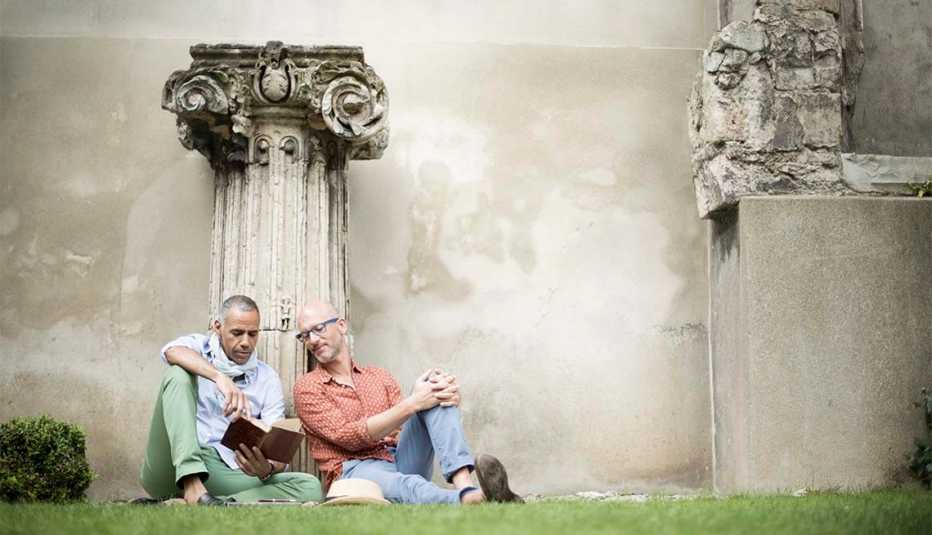Staying Fit
LGBT adults are more likely than their non-LGBT peers to report certain health-related challenges and negative impacts from the COVID-19 pandemic, according to a July report from the Kaiser Family Foundation (KFF).
The report, which was based on findings from a nationally representative survey of adults ages 18 to 64, helps illuminate some of the long-standing health disparities experienced by people who identify as lesbian, gay, bisexual, transgender or “something else” other than straight.


AARP Membership— $12 for your first year when you sign up for Automatic Renewal
Get instant access to members-only products and hundreds of discounts, a free second membership, and a subscription to AARP the Magazine.
"There is a lack of data in terms of health data for LGBT people,” says report author Lindsey Dawson, associate director of HIV policy at KFF, who notes that this poses a challenge for policymakers and researchers seeking to address the community's health needs. “[In] doing our report, we've certainly sought to add to the knowledge base.”
Health conditions and provider experiences
Among the disparities highlighted in the findings is health status: LGBT respondents were more likely to report being in fair or poor health than their non-LGBT counterparts, and a higher share of LGBT people reported having an ongoing health condition that requires regular monitoring, medical care or medication.
Among LGBT adults 45 to 64, for example, more than three-quarters (77 percent) said they have a chronic health condition, compared to 54 percent of non-LGBT people in that age group.
The researchers also looked at LGBT respondents’ experiences with preventive health care. Thirty-five percent of LGBT women ages 40 to 64 reported having a mammogram in the past two years, compared to 64 percent of non-LGBT women of that age. (Screening guidelines vary, but mammograms are generally recommended every one or two years beginning at age 40.)


































































